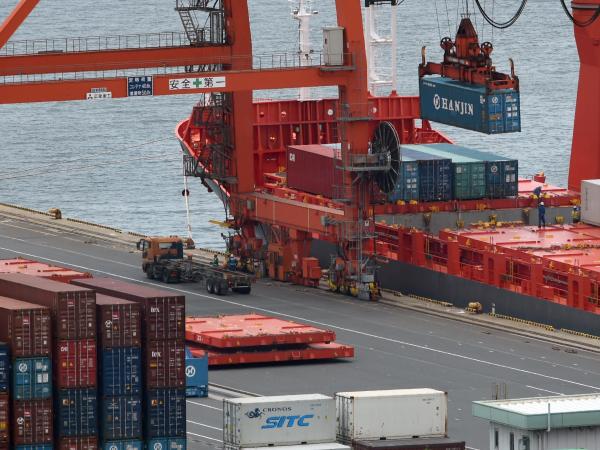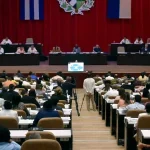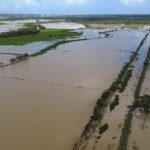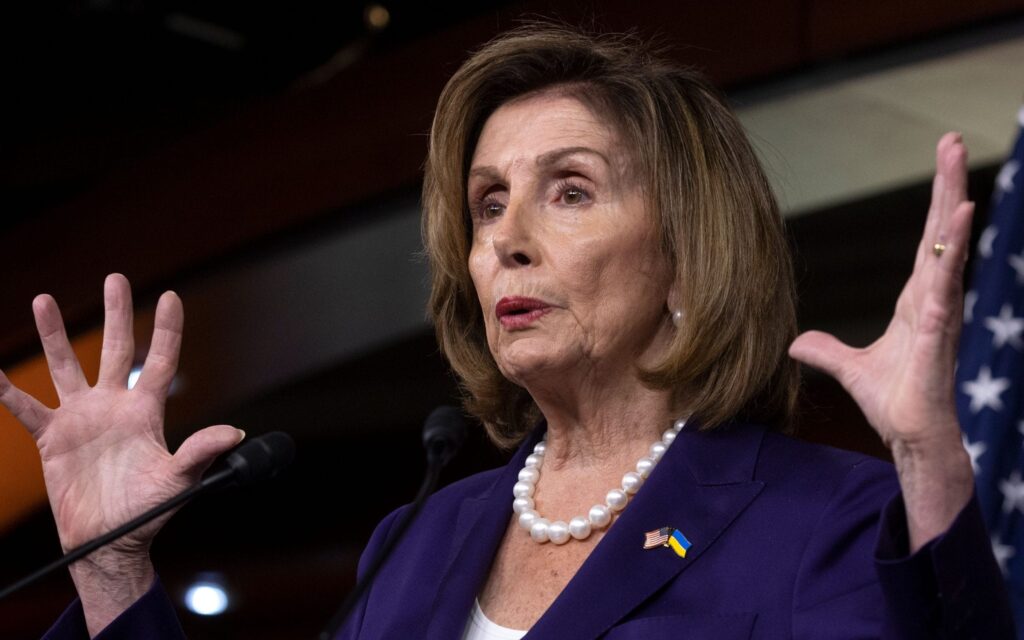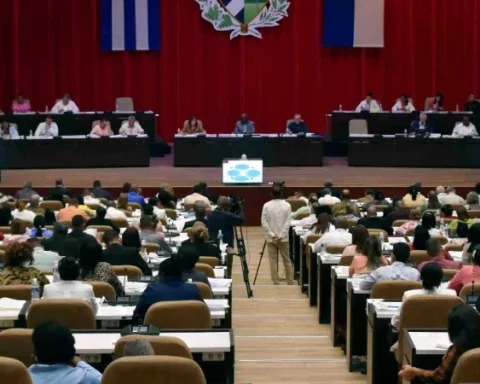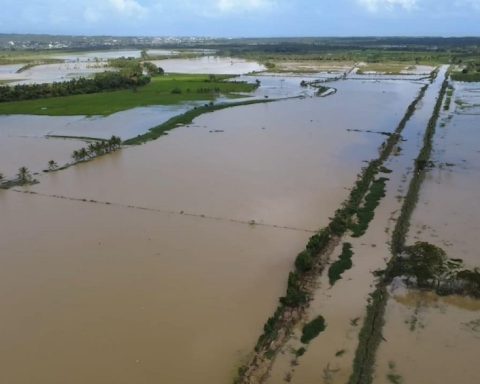In dialogue with Portafolio, María Ximena Lombana, Minister of Commerce, Industry and Tourism, reviews the last four years of this portfolio, especially those she was in charge of.
(Ports of Cartagena and Buenaventura, where more vehicles arrive).
For Lombana, Colombia remains a benchmark in Latin America in terms of foreign trade aimed at breaking through the Middle East and Asian markets.
You took over at a key moment, how did it go for you personally?
It was a difficult time, but personally a great experience, very pleasant. It was a critical time and being called to serve at that time has been very rewarding for me. It has been hard. A demand for time and a high family sacrifice, but I think it was worth it when we see the results of the reactivation, of this growth for these sectors so hit that we have that protection such as tourism, restaurants, commerce, etc. When we see today’s results I feel very honored.
(High prices: how much is a freight to transport containers).
What is the balance sheet of your portfolio?
In the tourism sector, one of the main affected by the pandemic, we are seeing very positive results, with hotel occupancy levels above 2019, our record year. In addition, in the first quarter of 2022 the GDP of accommodation and food grew 32%. Also, we have already recovered 100% of both national and international air connectivity.
In trade, we are seeing a good performance of non-mining energy exports, which have also been a fundamental lever for economic growth, following the President’s established policy that what Colombia was seeking was fundamentally to diversify its export basket, which continues to be a huge challenge.
What will be the challenge for tourism?
The challenge is to be able to have that sustainable tourism, to be able to continue attracting these tourists at a local and international level, but to do it in a sustainable way, particularly in the regions and that relationship with the different communities. There is also a challenge to formalize the sector, despite significant progress.
Added to this is the challenge of tourism infrastructure at the regional level that allows greater competitiveness and that tourism offer. There have been investments of close to $300,000 million in the departments, but there are still opportunities.
How did the country fare in the logistics crisis?
Here we suffered from the various factors of foreign trade. First, the trade war between the US and China, two of our main partners; secondly, of course, the pandemic crisis where the seven most important ports in the world are in China and were closed and, furthermore, after the reopening they were closed again. That also created a huge distortion. And thirdly, the war.
Among what we did to solve this crisis is an issue of trade facilitation with the articulation of 14 entities and a permanent dialogue with all the actors in the sector where we were identifying the different bottlenecks. There is an important result and I would believe that this mechanism will remain.
Will it be a challenge to continue with non-mining energy exports?
Here it is very important to continue with the diversification of the export offer. These exports are essential for economic growth and we are seeing it at a regional level.
María Ximena Lombana, Minister of Commerce.
File, Archive
How is Colombia after these four years in foreign trade?
Colombia is a benchmark in the region. We are part of the Pacific Alliance, the CAN and we have an agreement with Mercosur. Regarding the Alliance, there have been important advances, especially the entry of Singapore that took place in our pro tempore presidency.
How is the agreement with the United Arab Emirates progressing?
In the first week of August we closed the technical negotiation. It is not a full free trade agreement because there are chapters that are not included, such as the investment issue, for example. To the extent that we are complementary economies, there are no major sensitivities.
Here there is an agreement and a negotiation where Colombia gains a lot taking into account the economy of the UAE, where they import their products and here there is great potential in our market, of course, in food, agricultural products and, in addition, as a gateway to entrance to the Muslim world.
What advice can you give your successor?
To the extent that we achieve reactivation in the current Administration and that it will pass to sustained economic growth, the goal is to continue with this work articulated with the private sector and also among all the institutions. Growth occurred thanks to the resilience of the private sector and, if it were not so, we would not be seeing it now.
I believe that any measure that may affect the growth process must be taken very responsibly.
What plans do you have for after August 7?
Take back this year of personal sacrifice with my family and spend time with them.
ROBERTO CASAS LUGO
BRIEFCASE
